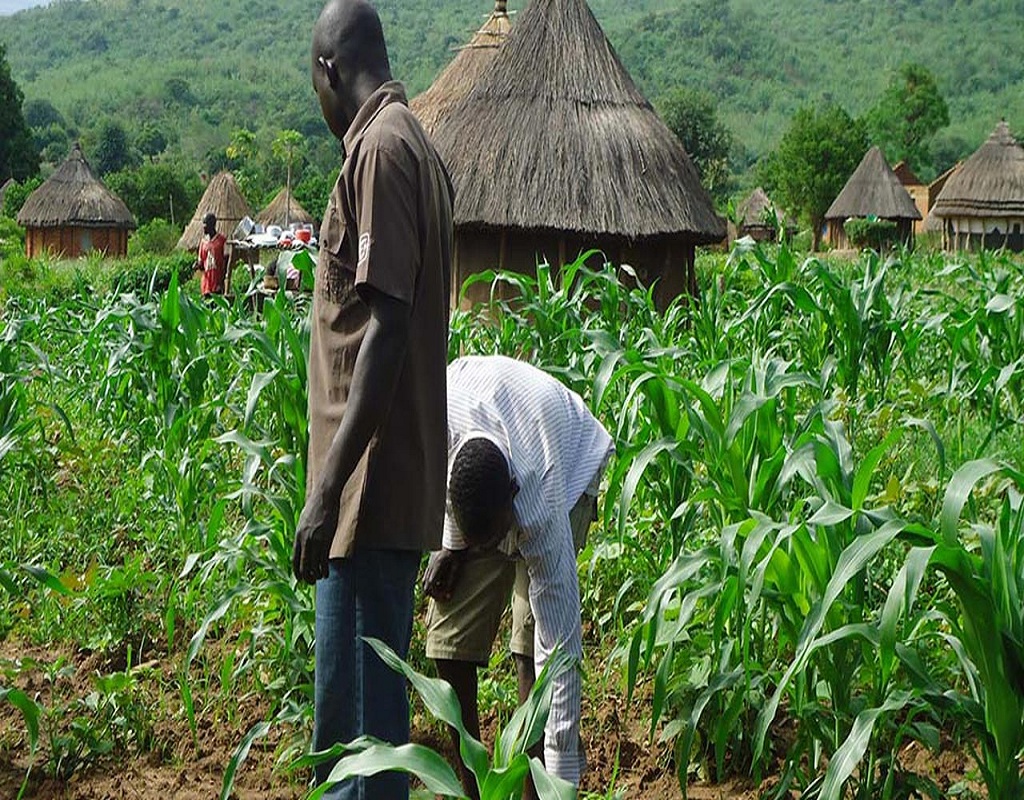Nigeria has been selected alongside two other African countries (Ethiopia and Tanzania) to benefit from the World Bank Group’s Livestock and Micro Reforms in Agribusiness (L-MIRA) program. The L-MIRA program’s objective is to improve the competitiveness of the dairy and poultry sectors in the agribusiness value chain in the selected countries.
The International Finance Corporation-a member of the World Bank Group, recently signed the cooperation agreement with the Federal Government to implement the $2 million initiative focusing on regulatory and institutional reforms that could strengthen the country’s agribusiness sector, also creating jobs and economic growth.
The partnership which is expected to streamline the regulation of animal feed and remove overlapping or redundant regulatory requirements related to the standards and quality control mechanism in the country, as well as the registration and renewal process for drugs and vaccines.
According to Alejandro Alvarez de la Campa, Practice Manager for the World Bank Group’s Finance, Competitiveness, and Innovation global practice, noted that dairy and poultry are important livestock sectors that contribute significantly to agribusiness, which is a key growth sector in Nigeria and by introducing harmonized and simplified regulations related to animal feed, drugs and vaccines, it will help boost socio-economic development in the country.
The Government has continuously promised to diversify its source of revenue away from oil by focusing on agriculture and other non-oil sectors of the economy. The launch of various support programs for farmers and stakeholders in the value chain in the country has helped boost food production.
The figures recently released by the Nigerian Bureau of Statistics (NBS) for the fourth quarter of 2017 (Q4 2017) and the full year 2017 (FY 2017) show a consolidation of post-recession growth in the national economy with the Agriculture sector grew by 4.23% in Q4 2017, in total the sector accounted for 25% of GDP in 2017.
This four-year partnership program also has stakeholders such as Nigeria’s Federal Ministry of Agriculture and Rural Development, the National Agency for Food and Drugs Administration and Control, the Standards Organization of Nigeria and the Nigerian Institute of Animal Science as key partners.














